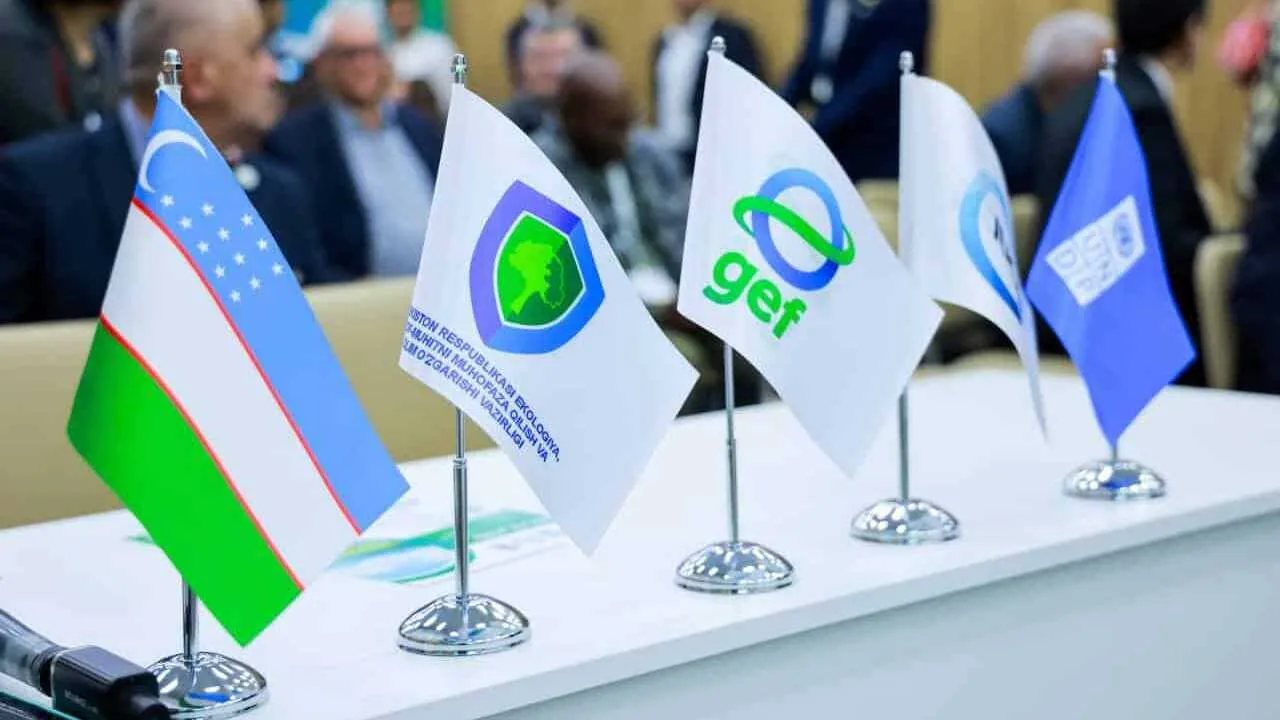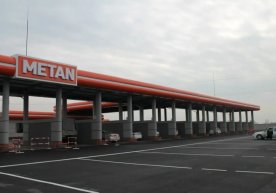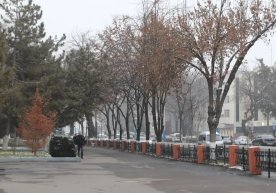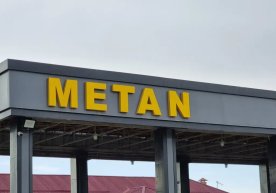Uzbekistan Allocates $6.1 Million for Environmental Projects

The Global Environment Facility (GEF) will allocate $6.1 million for environmental conservation projects in Uzbekistan. This information was reported by a Kursiv Uzbekistan correspondent.
Within the framework of the GEF-8 program, a grant agreement for the project “Integrated Management and Restoration of Valuable Landscapes in Uzbekistan (EcoLand)” was signed and officially launched. This event took place during the CITES Conference.
The main goal of the EcoLand project is to expand integrated approaches for restoring and conserving ecosystems in three primary landscape clusters of Uzbekistan. The initiative combines sustainable land management, conservation of natural resources, mitigation of climate change impacts, and ensuring participation of local communities.
“Uzbekistan is committed to restoring its valuable landscapes and preserving biodiversity for future generations. This project is a significant step on our path to ecological reforms,” said Deputy Chairman of the National Committee Jusipbek Kazbekov.
The project will cover six regions and ten pilot areas. In these locations, the management of 1.3 million hectares of natural zones will be improved, their sustainability enhanced, and mechanisms for equitable utilization of ecological benefits by local communities will be created.
EcoLand will focus on three types of ecosystems and implement modern management mechanisms with the involvement of all stakeholders. Additionally, innovative financial tools, such as biodiversity financing mechanisms, will be tested.
Under the project, “green” investment products and biodiversity credits will be utilized. Special attention will be given to involving women, youth, and vulnerable groups in decision-making processes.
During the event, an agreement was signed between the National Ecology Committee and the UN Development Program to jointly implement the EcoLand project. Information regarding Uzbekistan’s ecological reforms was also shared at the event.
These reforms aim to restore degraded areas, conserve biodiversity, and promote sustainable management of water and land resources. Within the framework of the UN Development Program's ERIP project, practical initiatives were showcased, including the restoration of critical biodiversity areas, development of nature-oriented tourism, and mechanisms to support local communities with a focus on gender inclusion.





















